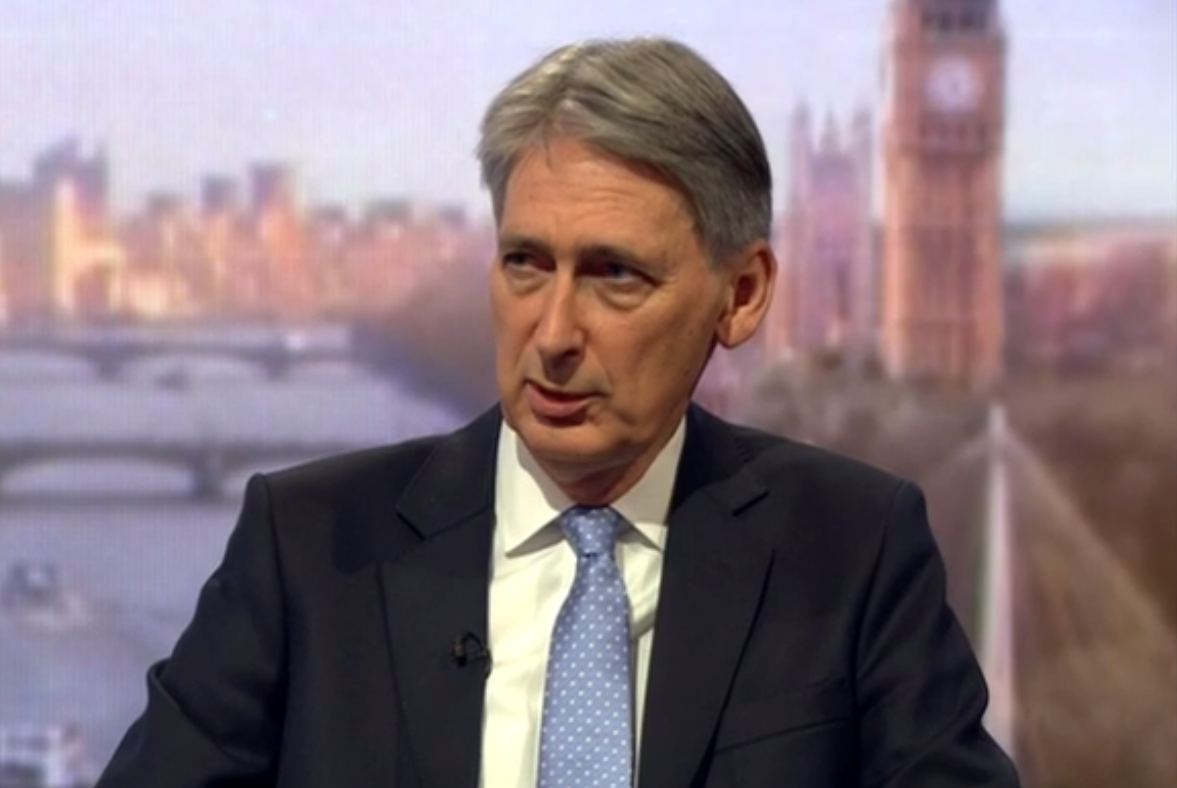Five things to look out for in economics this week
From fake news to the Autumn Statement, the market's reaction to Trumponomics and Donald Trump's appointments


There are two big running economic stories that we will learn more about this week. How will the UK cope with the uncertainties and opportunities of leaving the EU? And how will the US cope with a new and untried President?
On the first, we get the Autumn Statement on Wednesday, Philip Hammond’s first important presentation as Chancellor. The trick with this, as with all Budget-related statements, is not to pay much attention to the words but to focus on the numbers. As the head of one of our largest banking groups said to me: “people lie, numbers don’t”. You may quibble with the second part of tha,t but the point about this Autumn Statement will not be the new and quite small easing of the squeeze, but rather whether the big numbers stack up.
For example, there have been leaks about an extra £1.5bn to be spent on roads, as though this is some great initiative. But fact one is that we spend less on roads as a proportion of GDP than any other large developed economy; and fact two is that this would be about 0.3 per cent of public spending. It’s tiny.
The big numbers do matter here: the most important series will be the projected size of the deficit relative to GDP. Last financial year, the one that ended in April, it was 3.9 per cent. Does it carry on coming down, or does it go up? Is it projected to drop to zero ever? That will tell us whether austerity is really ending, and whether the plans of Hammond are significantly different from those of his predecessor.
The second thing to look for here will be the economic forecast of the Office for Budget Responsibility. Robert Chote, its director, is excellent. Forecasts can be right or wrong (and we have had plenty of the latter) but we will get an honest, calm assessment of growth over the next year. If the number is near to the Bank of England’s forecast of 1.5 per cent that will be encouraging, for that is the top end of market expectations. If it is a bit below 1 per cent, that would be in line with the consensus, but would be a bit glum. Of course the truth is that no one can know, but with that caveat my instinct would be to trust the OBR’s judgement.
As far as the US is concerned, gosh, where to start? There are two things that I’m particularly interested in: Donald Trump’s cabinet nominations; and the markets’ reaction to Trumponomics. He has to have people he can work with, but does the new President surround himself with cronies or does he hire competence? In economic terms, the choice of Treasury Secretary is crucial. A number of top names have been cited, among these Steve Mnuchin, a wealthy banker and film producer who worked for Goldman Sachs and was a campaign adviser for Trump. If it is him, Wall Street will breathe a sigh of relief. Much better than having an economist.
As for the markets, all the predictions have been quite wrong. We were warned the dollar would crash and that shares would slump. The dollar last week was at a 13-year high and the Dow hit an all-time record. Bonds fell in reaction to the prospect of higher fiscal deficits, but that is surely welcome. If this ends the policy of ultra-low interest rates, that will signal that some sort of normality is returning, and savers will again be rewarded for their prudence. Will this welcome continue? Or will the world of finance become scared – as it was ahead of the vote – of what President Trump might do?
Finally, something more to do with media and less with finance, but as it affects the world’s seventh most valuable company there is a financial spin too. The company is Facebook and the issue is fake news stories. These apparently outperform true news stories, and the point is not just that people are fed news that fits in with their views and prejudices: they are fed stories that are completely and utterly wrong. And they believe them. What will Facebook do about it? Its shares are falling fast, down 9 per cent in the past month, more than any other large US company. Mark Zuckerberg acknowledged the problem and updated what they are doing about it on Saturday, so let’s see. Trust matters – which is encouraging in these tricky times.

Join our commenting forum
Join thought-provoking conversations, follow other Independent readers and see their replies